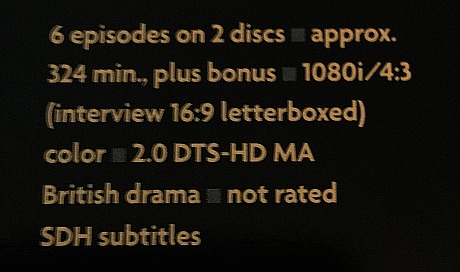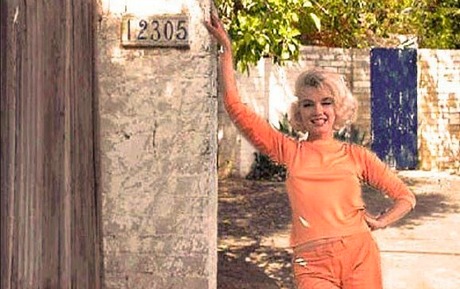The 2017 Cannes Film Festival jury was announced this morning. By my count it contains five serious filmmakers who can probably be counted upon to choose wisely and well — jury president Pedro Almodovar, Toni Erdmann director Maren Ade, actress and socially-attuned twitter maven Jessica Chastain, South Korean helmer Park Chan-wook (I’m not a big fan of his films but he knows his stuff) and Italian director and visual maestro Paolo Sorrentino.
In the middle you have director, screenwriter, actress and singer Agnes Jaoui (The Taste of Others).
And then you have a pair of softies who are probably inclined to vote for the emotional, humanist, warm-hug element in whatever film they see — actor, ex-Scientologist, onetime bulletproof superstar and up-viber Will Smith and Chinese superstar actress and producer Fan Bingbing. And finally you have another emotional fellow — composter Gabriel Yared — who may or may not side with the Smith contingent.
So basically you’re looking at a 6-3 majority in favor of cultured cineaste attitudes and aesthetics. Maybe. All I know is that when you invite Smith into the room, the conversation will most likely become more emotional and gut-driven, and less intellectually acute. I’m sorry but I feel like I know the guy pretty well at this stage.





